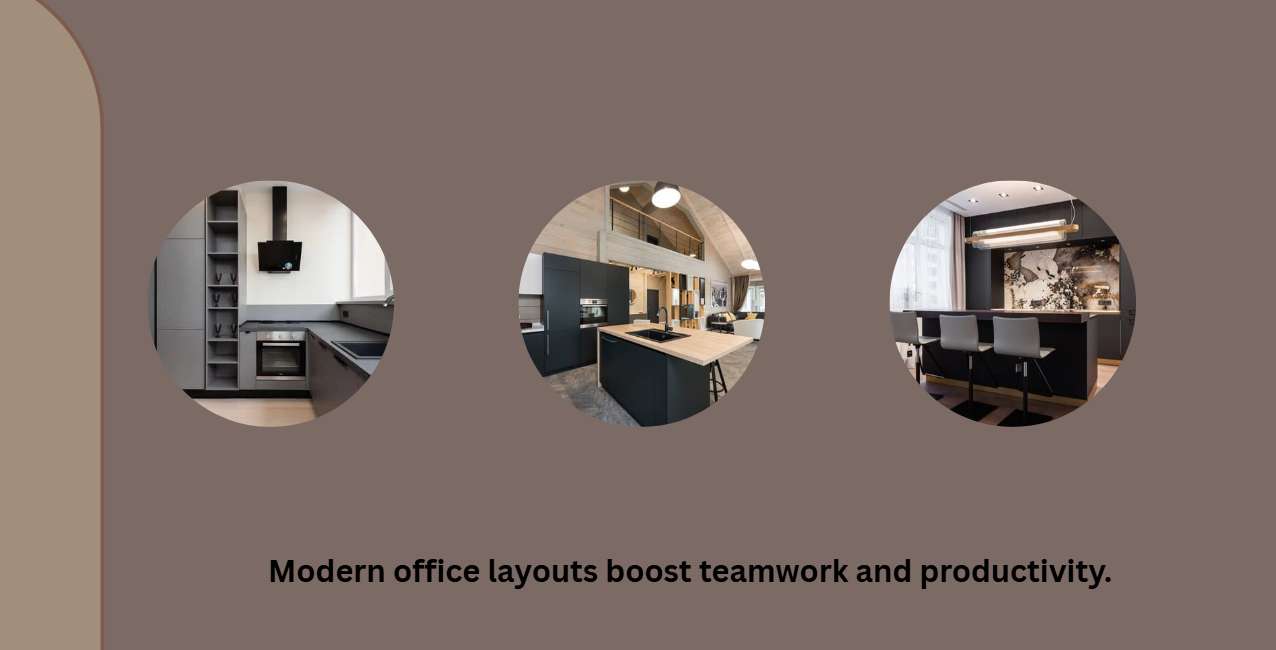In 2025, the concept of office space in the UK has undergone a significant transformation. Driven by technological advancements, shifting work patterns, and evolving employee expectations, businesses are reimagining their work environments to foster productivity, collaboration, and well-being. This article explores the current trends, benefits, and future outlook of office spaces in the UK.

1. The Rise of Hybrid Work Models
The COVID-19 pandemic accelerated the adoption of hybrid work models, blending remote and in-office work. By 2025, approximately 60% of UK employees are engaged in hybrid work arrangements. This shift has prompted businesses to redesign office spaces to accommodate flexible schedules and diverse work preferences.
2. Emergence of Super-Prime Office Spaces
To entice employees back to physical offices, companies are investing in "super-prime" office spaces that offer luxury amenities and state-of-the-art facilities. These spaces, such as 40 Leadenhall in London, feature private cinemas, spas, gyms, and dining areas, creating an environment that rivals high-end hotels. This trend reflects a broader strategy to enhance workplace culture and employee satisfaction.
3. Technological Integration and Smart Offices
Modern offices are increasingly incorporating advanced technologies to enhance efficiency and user experience. Smart buildings equipped with AI-driven systems manage lighting, temperature, and occupancy, optimizing energy use and comfort. Additionally, AI-powered tools, such as virtual coaching assistants, support employee development and managerial tasks.
4. Emphasis on Employee Well-being
Recognizing the link between employee well-being and productivity, office designs now prioritize health and comfort. Features like biophilic design, which incorporates natural elements, have been shown to reduce stress and enhance cognitive function. Furthermore, offices are providing wellness amenities, including meditation rooms and fitness centers, to support holistic health.
5. Growth of Coworking Spaces
Coworking spaces have gained popularity among freelancers, startups, and SMEs due to their flexibility and cost-effectiveness. These shared environments offer networking opportunities, access to amenities, and the ability to scale workspace usage based on business needs. Companies like IWG have reported record sales, reflecting the growing demand for flexible office solutions.
6. Inclusive and Accessible Design
Modern office designs are increasingly focusing on inclusivity and accessibility to accommodate diverse employee needs. This includes adjustable furniture, wheelchair-friendly pathways, and sensory-friendly areas for neurodivergent individuals. Such designs ensure that all employees can work comfortably and effectively.
7. Task-Based and Modular Workspaces
To support various work activities, offices are adopting task-based layouts with designated zones for collaboration, focused work, and relaxation. Modular furniture and adaptable spaces allow for easy reconfiguration, enabling businesses to respond swiftly to changing team dynamics and project requirements.
8. Sustainable and Eco-Friendly Practices
Sustainability has become a core consideration in office design. Companies are implementing eco-friendly practices, such as using recycled materials, installing energy-efficient systems, and incorporating green spaces. These initiatives not only reduce environmental impact but also appeal to environmentally conscious employees and clients.
9. Strategic Location and Urban Planning
Businesses are reevaluating office locations to enhance accessibility and client proximity. For instance, Cantor Fitzgerald relocated its UK operations to 110 Bishopsgate in the City of London to be closer to institutional clients, reflecting a broader trend of financial institutions moving from Canary Wharf to the City.
10. Future Outlook
The evolution of office spaces in the UK is set to continue, driven by technological advancements, changing work patterns, and a focus on employee well-being. As businesses adapt to these trends, office environments will become more flexible, inclusive, and sustainable, fostering a culture of innovation and collaboration.
In conclusion, the transformation of office spaces in the UK reflects a broader shift towards creating work environments that prioritize flexibility, technology integration, and employee well-being. By embracing these trends, businesses can enhance productivity, attract top talent, and remain competitive in an ever-evolving landscape.


